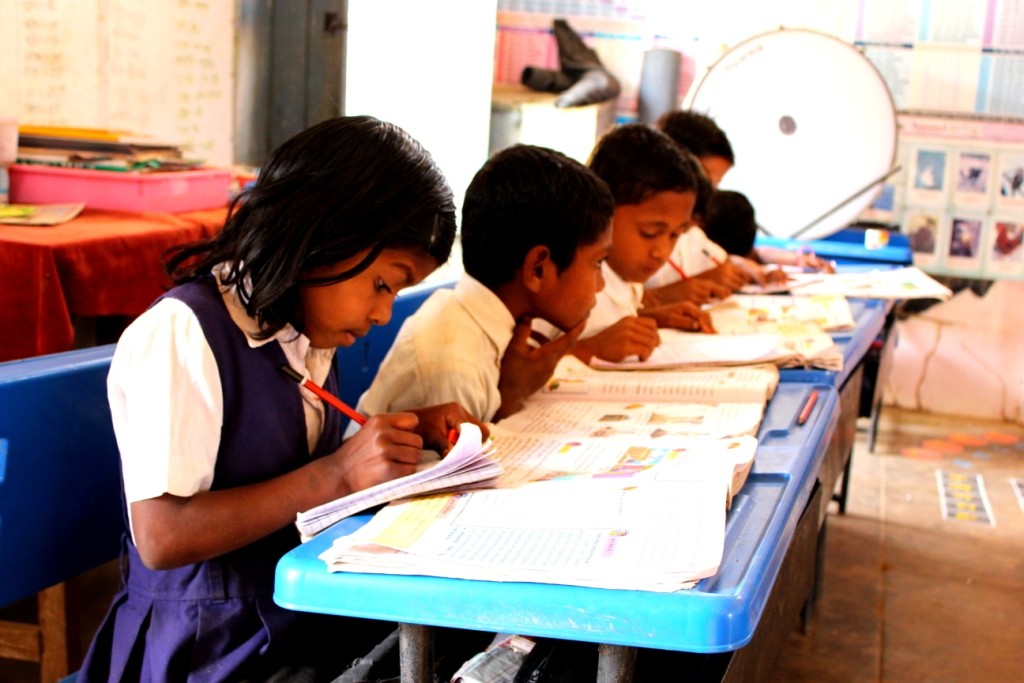Education
The Indian constitution makes it compulsory for appropriate government and local authorities to ensure that children in the age group of six to fourteen years attends school and completes their elementary education.
Right to Education: The State shall provide free and compulsory education to all children of the age of six to fourteen years in such manner as the State may, by law, determine. – Article 21A, Constitution of India
However, there are still gaps in reaching the goal of universalisation of elementary education. While data from noted organizations like UNICEF, CRY as well as government’s own institutions like Sarva Siksha Abhiyan (SSA) differs in its estimates, consensus is on the fact that enrolled children are not completing elementary education with dropout rates much higher among girls in rural areas. Therefore, CNI SBSS focuses on reducing dropout rates, improving the quality of education by ensuring efficient implementation of different norms for government schools as per the Right to Education Act. Retrospection and revitalization of present education systems, structure, values and ethics is a part of this process. Efforts are being made to increase the involvement of parents in improving education institutions in their locality.
CNI SBSS aims to ensure that approximately 5000 children in age group of six to fourteen years from Dalit and Tribal communities regularly attends school and pursue/completes their elementary education by 2019.
Learn more about our work in education here:
Program Report 2014 – 2017
Success Stories:
Campaign:
“Hamaare Bacche, Hamara School”- A Campaign to create ideal schools in rural India



